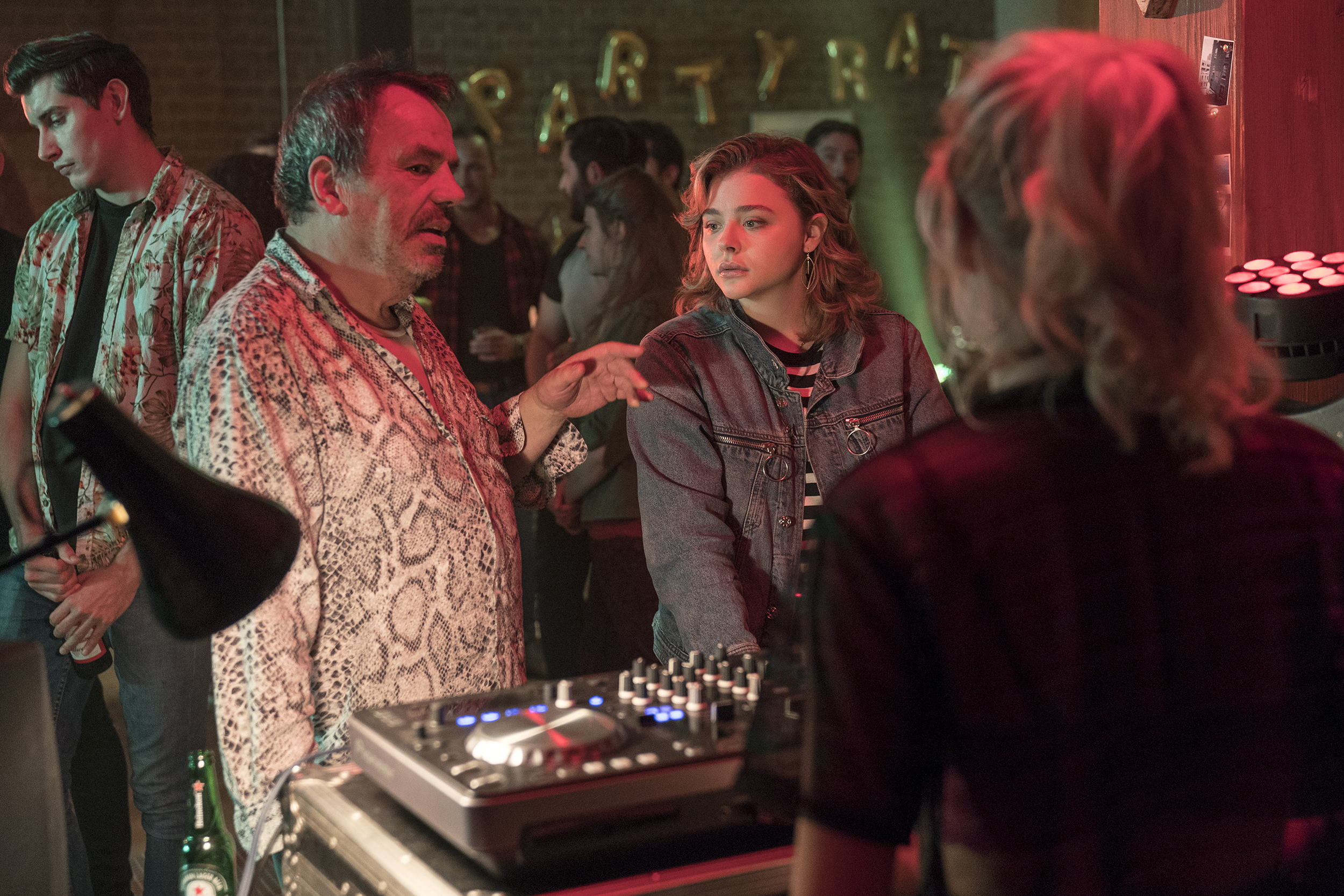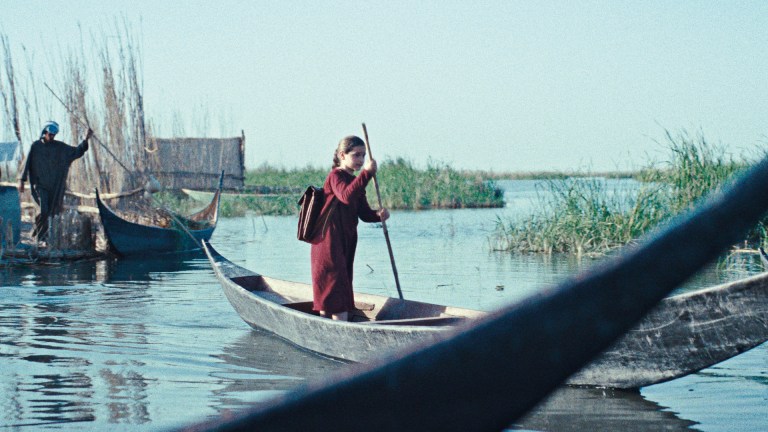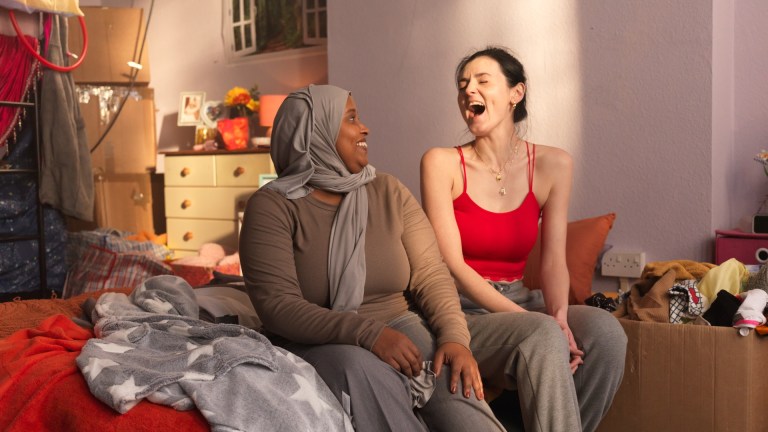Neil Jordan knows all there is to know about the lying game. In his new film Greta, Isabelle Huppert plays the titular character, a woman in her sixties increasingly isolated from society. That changes when young waitress Frances, played by Chloë Grace Moretz, returns a handbag Greta left on a train and the pair strike up an unlikely friendship.
But all is not as it appears. Greta develops an unhealthy interest Frances, which escalates to frenzied obsession, marked by stalking on the subway, kidnapping and an innovative but nasty use of a cookie cutter. It turns out you can’t always depend on the kindness of strangers.
“In stalker movies, the monster’s a man with a warped sexual need to get close to his desired object,” says Jordan. “In this case it’s a woman and once you remove the sexual element, all sorts of other things come to the surface.”

As Greta tries to recreate her lost daughter in Frances, Jordan says he was fascinated to explore “the idea of motherhood as a pathology rather than a nurturing force.”
Unconventional relationships have been the beating heart of many of his films including Mona Lisa, The Crying Game and Interview with the Vampire. Greta is set in a shifting period in history where social media profiles mean that it’s the default position for people to pretend they are something they’re not.
“You’re right,” agrees Jordan. “Nobody is what they seem. Everybody adopts pseudonyms and personas. I think we live in a weird world, a very strange world.









